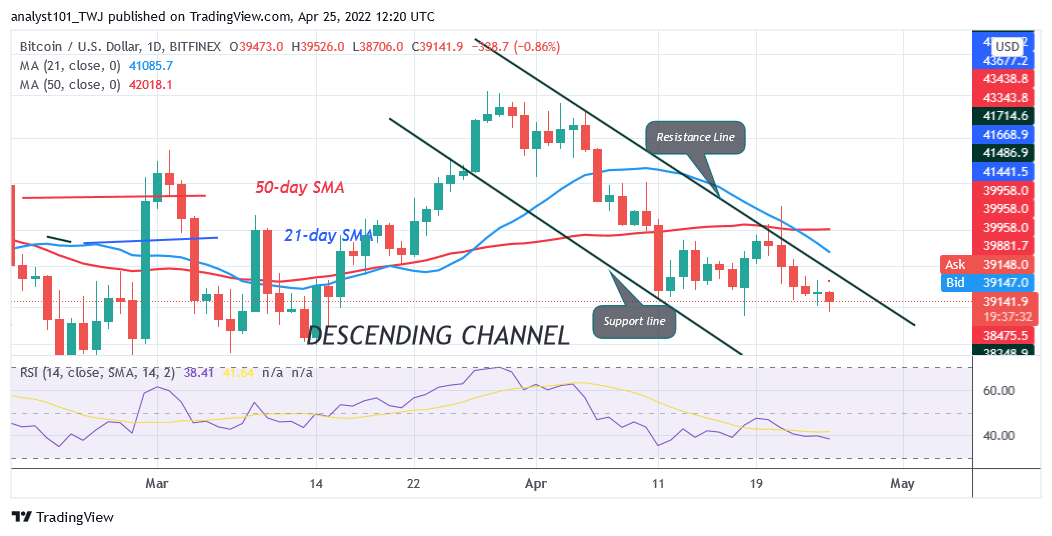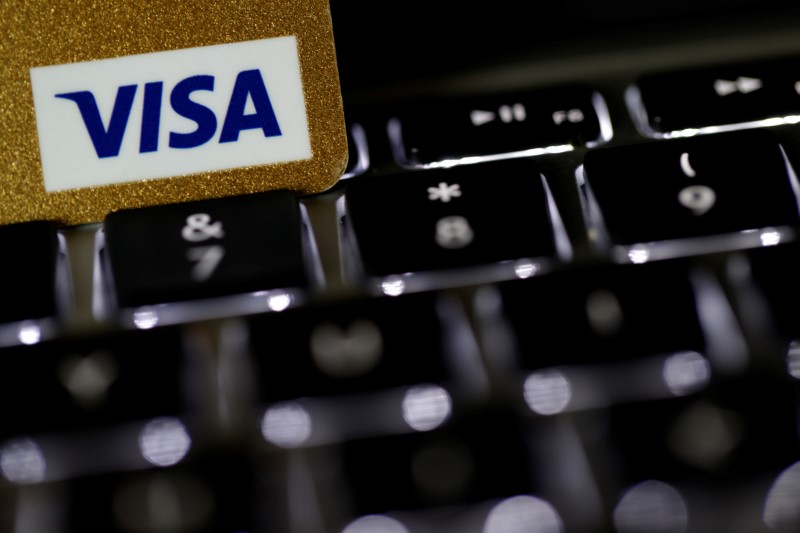Key Takeaways
- Silvergate Bank announced yesterday it would be voluntarily undergoing liquidation.
- The bank assured that all customer deposits would be fully repaid.
- Silvergate had previously informed the SEC that it was “less than well-capitalized”.
Share this article
Silvergate Bank is winding down operations, but it assured that all customer deposits would be fully repaid.
Traditional Banking Risks
Another pillar of the crypto industry has succumbed.
Silvergate Capital Corporation, the holding company for Silvergate Bank, announced yesterday its intent to completely wind down operations.
The bank indicated in its press release that it would be voluntarily undergoing liquidation “in an orderly manner and in accordance with applicable regulatory processes.” The bank stated that all customer deposits would be fully repaid, and that it was currently figuring out how to resolve claims and preserve the value of its assets.
Silvergate told the Securities and Exchange Commission at the beginning of the month that it was perhaps “less than well-capitalized” and that it was “reevaluating its business”. The company also admitted to being uncertain about its ability to continue operating. The news sent shockwaves through the crypto industry, with major firms such as Coinbase, Paxos, Circle, Galaxy Digital, and CBOE all quickly announcing they were pausing transactions to and from Silvergate.
Shortly thereafter, Silvergate made the decision to discontinue the Silvergate Exchange Network (SEN), which it used to enable customers to exchange government-issued currencies for cryptocurrencies.
Silvergate had previously disclosed a $1.05 billion loss in the fourth quarter of 2022 due to the “crisis of confidence” the crypto industry experienced following FTX’s collapse. However, former FDIC chair Sheila Bair told Bloomberg yesterday that “Silvergate’s troubles [were] as much if not more about traditional banking risks—lack of diversification, maturity mismatches—as it is about its exposure to crypto.”
Disclosure: At the time of writing, the author of this piece owned BTC, ETH, and several other crypto assets.
















